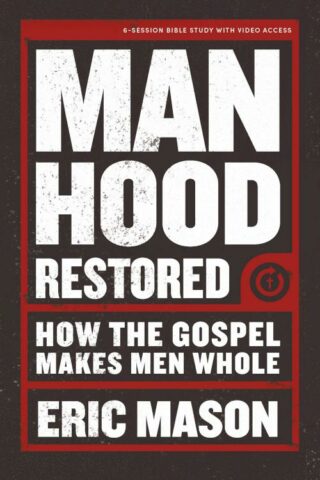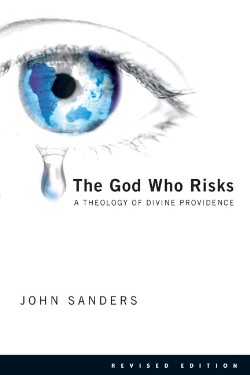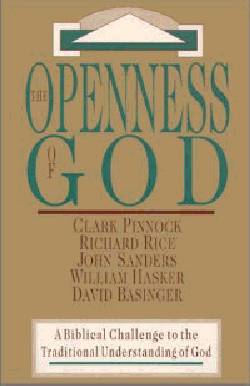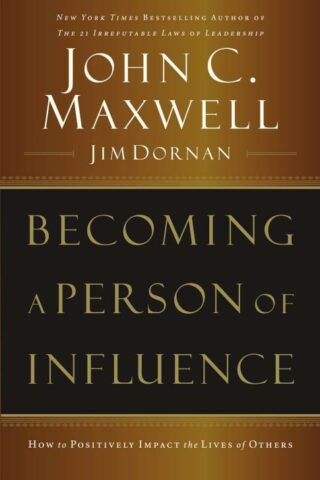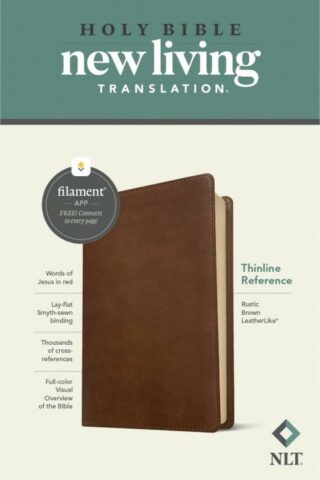John Sanders
Showing all 2 resultsSorted by latest
-
Openness Of God
$26.99THE OPENNESS of GOD presents a careful and full-orbed argument that the God known through Christ desires “responsive relationships” with his creatures. While it rejects process theology, the book asserts that such classical doctrines as God’s immutability, impassibility and foreknowledge demand reconsideration. The authors insist that our understanding of God will be more consistently bibical and more true to the actual devotional lives of Christians if we profess that “God, in grace, grants humans significant freedom” and enters into relationship with a genuine “give and take dymanic.”
Add to cartin stock within 3-5 days of online purchase

